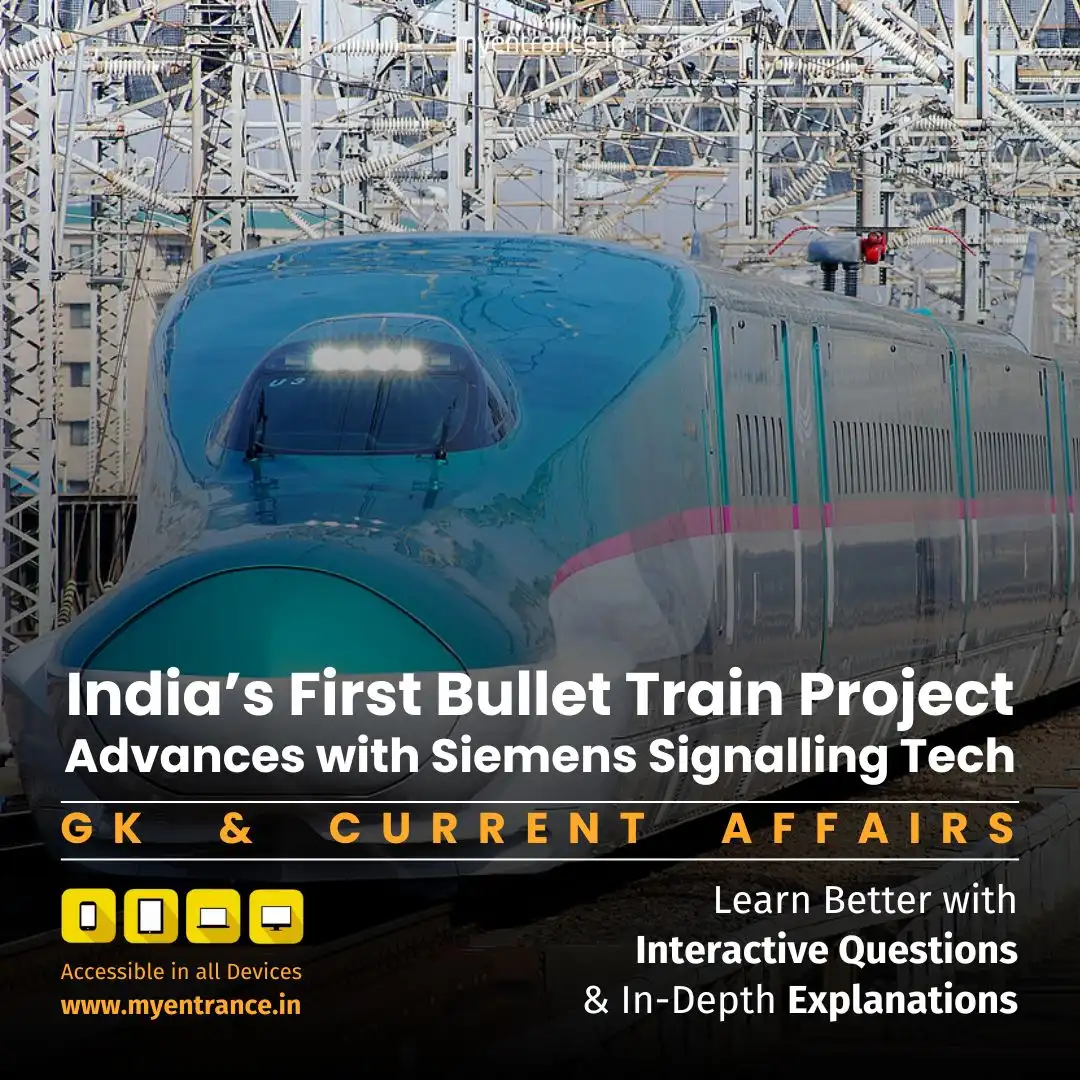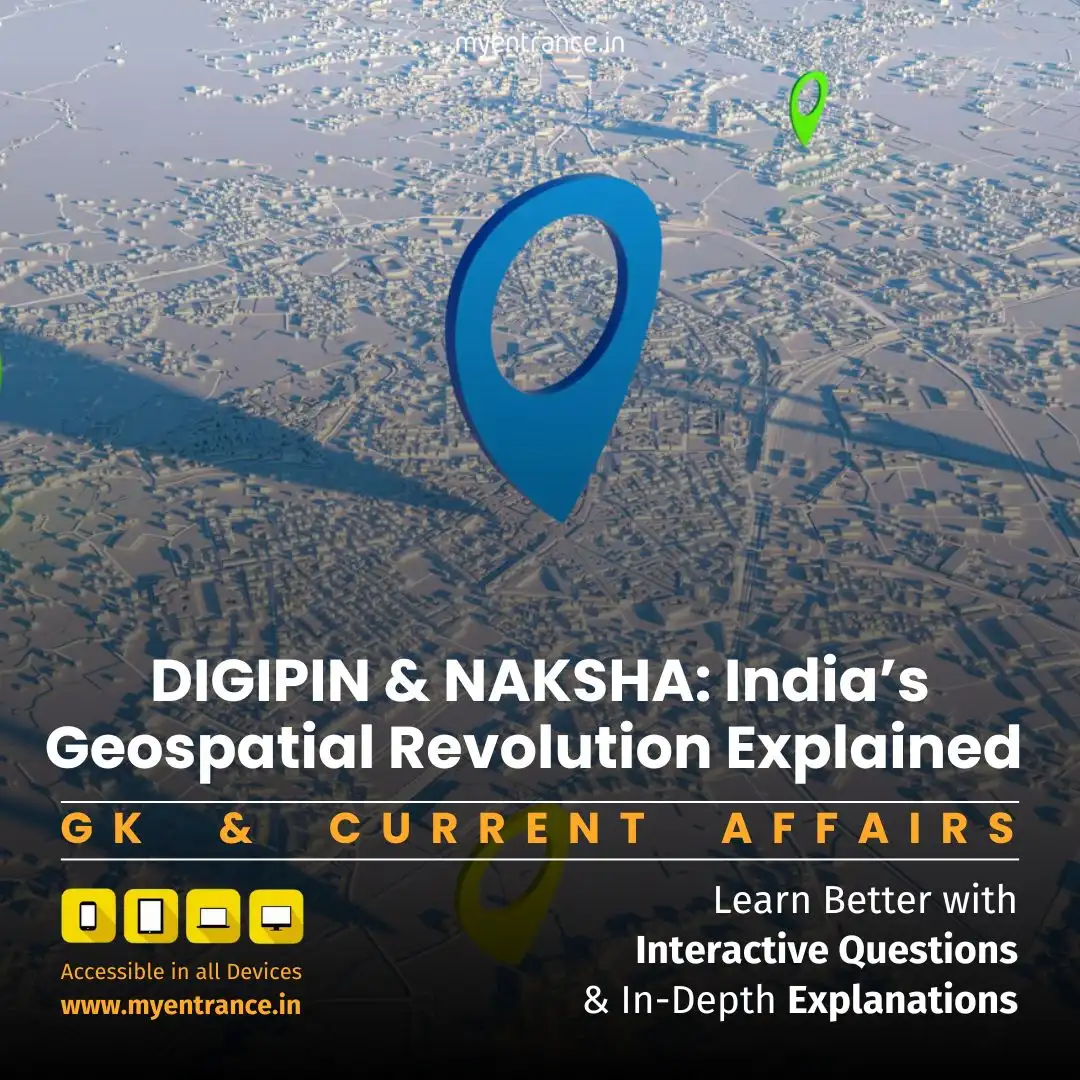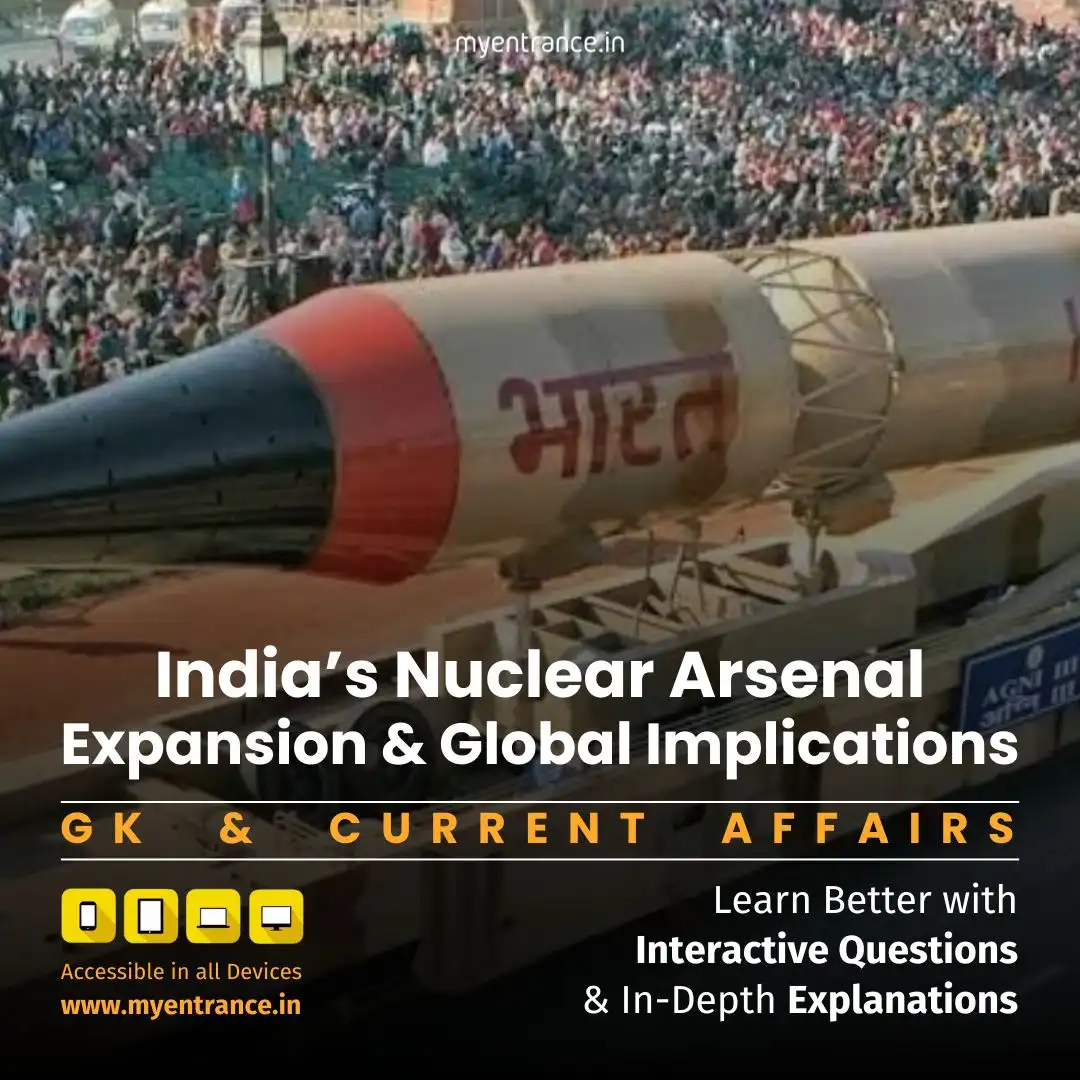Select Language
India’s First Bullet Train Project Advances with Siemens Signalling Tech
India’s first bullet train project, connecting Mumbai and Ahmedabad, has taken a major leap forward. A Siemens-led consortium has secured a ₹4,100 crore contract to install cutting-edge signaling and telecom systems for this high-speed rail corridor.
Key Highlights of the Mumbai-Ahmedabad Bullet Train Project
1. Siemens Consortium Bags Major Contract
The consortium includes Siemens Limited, Siemens Mobility GmbH, and DRA Infracon Private Limited.
They will implement European Train Control System (ETCS) Level 2 signalling, a globally trusted standard used in over 50 countries.
The contract is valued at ₹4,100 crore, with Siemens’ share at ₹1,230 crore.
2. Advanced Signalling & Safety Features
ETCS Level 2 supports speeds up to 350 km/h with real-time monitoring.
Ensures continuous wireless communication between trains and control centers.
Enables centralized traffic management for enhanced safety and efficiency.
3. Project Timeline & Maintenance
The installation will be completed in 54 months.
Siemens will provide 15 years of maintenance to ensure long-term reliability.
4. Boosting ‘Make in India’ Initiative
The project aligns with India’s vision for self-reliant infrastructure development.
Siemens’ involvement brings global expertise while supporting local manufacturing.
Why This Matters for India’s Infrastructure Growth?
The Mumbai-Ahmedabad bullet train will reduce travel time from 7 hours to just 2 hours.
Incorporates world-class safety and efficiency standards, setting a benchmark for future high-speed rail projects.
Strengthens India’s position in advanced rail technology and sustainable mobility.
Sample Questions & Answers on India’s Bullet Train Project
Q1. Which consortium won the signalling contract for India’s first bullet train?
Ans: A consortium of Siemens Limited, Siemens Mobility GmbH, and DRA Infracon secured the contract.
Q2. What is the value of the signalling contract for the Mumbai-Ahmedabad bullet train?
Ans: The contract is worth ₹4,100 crore, with Siemens’ share at ₹1,230 crore.
Q3. Which signalling system will be used in India’s bullet train?
Ans: The European Train Control System (ETCS) Level 2 will be deployed.
Q4. What is the expected completion timeline for the signalling system installation?
Ans: The project will be executed in 54 months, followed by 15 years of maintenance.
Q5. How will the bullet train benefit Mumbai-Ahmedabad travel?
Ans: It will reduce travel time from 7 hours to just 2 hours, enhancing connectivity and efficiency.
Most Predicted Questions
Comprehensive study materials, Expert-guided tips & tricks, Mock tests and instant results.
Start your SSC, NIFT, NID, FDDI, PSC journey today with MyEntrance, your ultimate online coaching platform.








